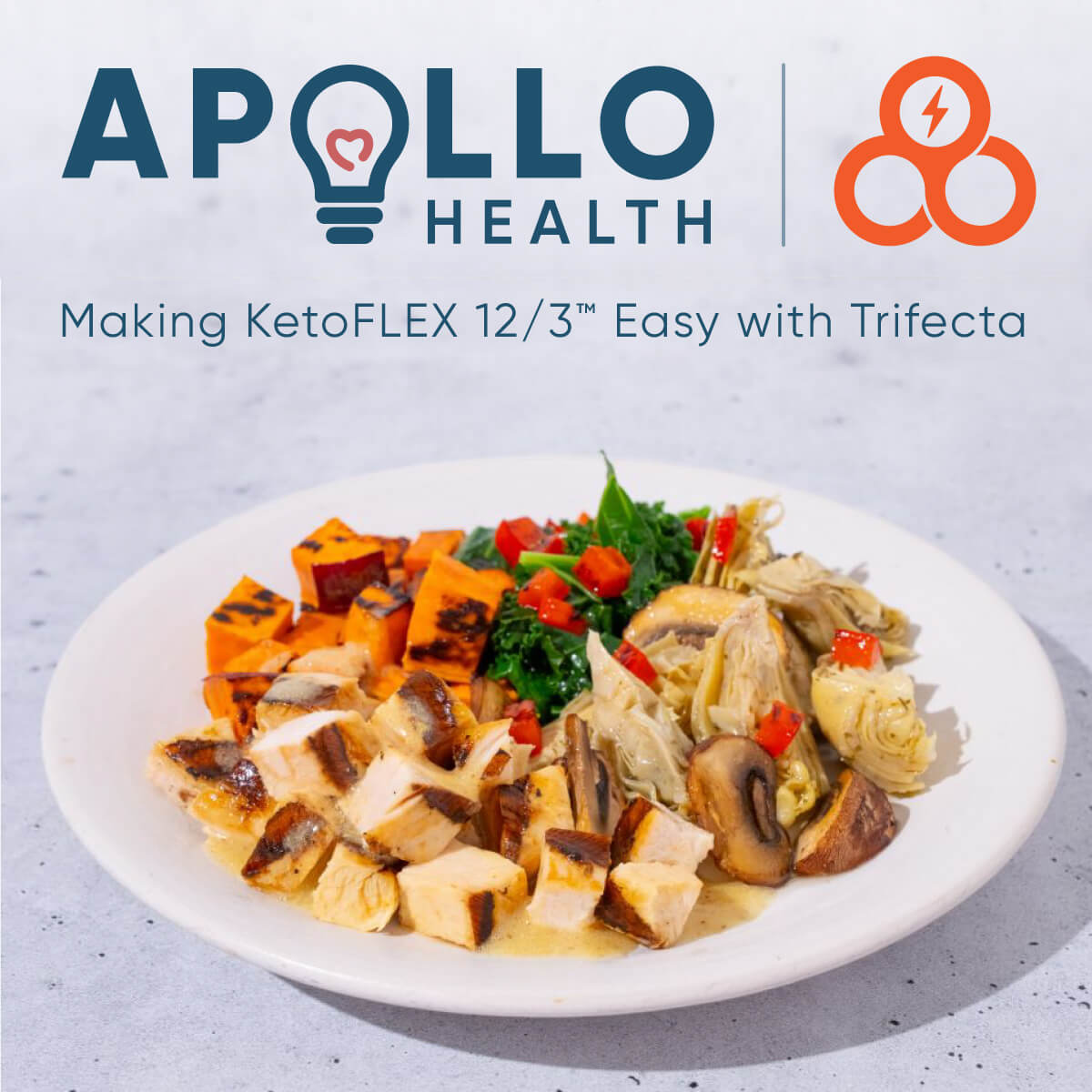November 16, 2023
From Dark to Golden

By Dr. Dale Bredesen, Chief Science Officer for Apollo Health
It has been nearly 600 years since the fall of Constantinople, which marked the end of the Dark Ages. However, the Dark Ages of Alzheimer’s research and treatment — with over 400 failed clinical trials, costing billions and leading to a feeling of hopelessness — have ended much more recently, with the repeated reversals of cognitive decline we and others have documented, beginning just over a decade ago. The great news is that we are now entering a truly golden era, an era of realistic hope for all:
● For the first time, we have documented sustained cognitive improvements for over a decade.
● For the first time, blood tests are available that will allow all of us to “see it coming” so that we can identify early changes and undergo successful treatment virtually every time. These tests include p-tau 217, p-tau 181, NfL (neurofilament light), GFAP (glial fibrillary acidic protein), and Abeta 42:40 ratio.
● For the first time, multiple clinical trials have shown improvements in cognition in patients with Alzheimer’s, and a new randomized, controlled trial called the Evanthea Dementia Reversal Trial is now in full swing at six sites around the country.
● For the first time, there is a precision medicine program for neurodegenerative diseases, which is being established at the Pacific Neuroscience Institute in Los Angeles.
● For the first time, there are communities in which, instead of focusing on dealing with inevitable decline, information on effective prevention and reversal of decline is shared widely—Apollo Health and http://ApoE4.Info are two great examples.
● For the first time, the approach we have taken to cognitive decline is being adapted to the unique biochemistry and genetics of other neurodegenerative diseases, such as Lewy body disease, chronic traumatic encephalopathy (CTE), and macular degeneration.
This is truly the dawn of a golden era: thanks to the many individuals and families whose courage, diligence, and open-mindedness have fostered these advances, we are all witnessing the transformation of neurodegenerative diseases from hopeless to preventable, reversible, and ultimately optional.
And that is what I am thankful for during this Thanksgiving season.





